Studying the history of religion is a gateway to more than just an understanding of religious institutions. It also offers a glimpse at the propagation and function of ancient civilizations. Since the beginning of time, religion has been a significant influence on our cultures, going so far as to shape our traditions, our behavior, and even our concept of time.
Whether you’re devoted to your faith or haven’t stepped foot inside a place of worship, the following eight books dive into the pasts of Christianity, Judaism, Buddhism, and more—while also opening a door into the history of the world.
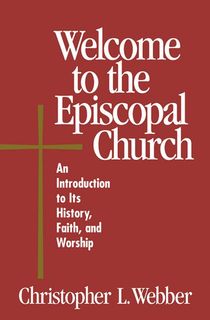
Welcome to the Episcopal Church
Episcopalism began in the years following the American Revolution, following its separation from the Church of England. Despite their newfound independence, they retained some of their Anglican routes—mainly The Book of Common Prayer, the center of Episcopal worship. Whether you’re new to the religion or have an interest in learning more about your faith, Christopher Webber’s book is an accessible introduction to its past, present, and future—from the church’s beliefs and practices to its origins in the 18th century.
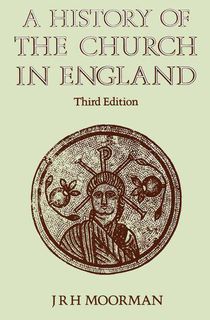
History of the Church in England
Depending on who you ask, the Church of England was founded in either AD 597 by Saint Augustine or after the schism of 1534. John Moorman traces these two stages of growth and goes on to track the Church’s evolving influence since the Roman eras. Included in this timeline are the stories behind landmark events and figures like Saint Patrick, Viking invasions, and the translation of the Bible. For someone looking for a comprehensive view of Christianity in Britain—this is your go-to.
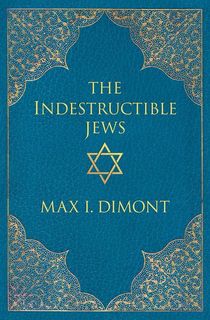
The Indestructible Jews
Regardless of your faith, Indestructible Jews offers a well-rounded perspective of the Jewish faith. Author Max I. Dimon explores the history of Judaism—including the Holocaust—and remarks on the resilience of its people despite mass expulsions, migrations, and executions. Given the recent displays of bigotry in Charlottesville, books like Dimon’s are essential to educating the ignorant, preserving history, and inspiring pride and respect for the Jewish heritage.
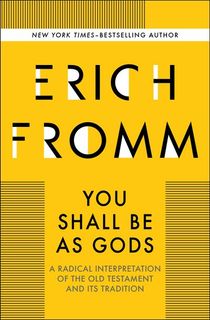
You Shall Be As Gods
In You Shall Be As Gods, bestselling author Eric Fromm applies his knowledge of psychoanalysis and philosophy to a study of the Old Testament. By taking a humanistic approach to Old Testament stories—particularly how man was divided and then united—Fromm sees it as an ode to the human spirit. The result is a uniquely optimistic perspective on one of the most heavily analyzed texts in the world.

The Dance of Time
How did our holidays, clocks, and other standards of timekeeping come to be? In his book, Michael Judge answers these questions by identifying the religious, historical, mythical, and astronomical influences on the Western calendar. In doing so, Judge provides rich accounts of pivotal moments in history—the rise of Christianity, for example—while also revealing how our concept of time has been molded by such events and cultures.
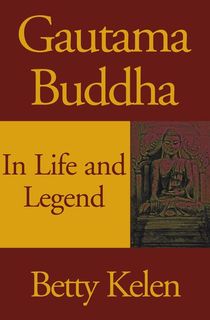
Gautama Buddha
The teachings of Gautama Buddha became the pillars of many Eastern civilizations between the 6th and 4th centuries BCE. At the heart of Gautama’s Buddhism was “The Middle Way,” whose “Eightfold Path”—a series of spiritual practices—culminated in liberation from the worldly realm. Author Betty Kelen describes such teachings in addition to examining the Buddha’s own quest for enlightenment and how he became an icon of wisdom for millions.

The Great Transformation
China, India, Israel, and Greece were once the four major regions of the ancient world. Within each of them, a new religion arose. China saw the beginnings of Confucianism and Taoism just as Israel preached a more monotheistic faith. India became the hub of Hinduism and Buddhism while Greece favored philosophical rationalism. New York Times-bestselling author Karen Armstrong takes an in-depth look at the birth of these four religions, their impressive longevity, and how they are the products of their early, violent times.

The Roots of Hinduism
While much is known about the Indo-Aryan roots of Hinduism, little is known about the equally culpable Indus Civilization. Despite their advanced civilization—which rivaled cities like Mesopotamia—their ancient scripts went untouched and undeciphered. Author Asko Parpola wanted to change that, and so he dedicated him to 50 years of research on the lost Indu culture. His book finally sheds light on these forgotten roots of Hinduism, painting a dynamic portrait of the Indus through linguistic studies, archaeology, sociology, and theology.
Featured image: Kevin Bluer / Unsplash


